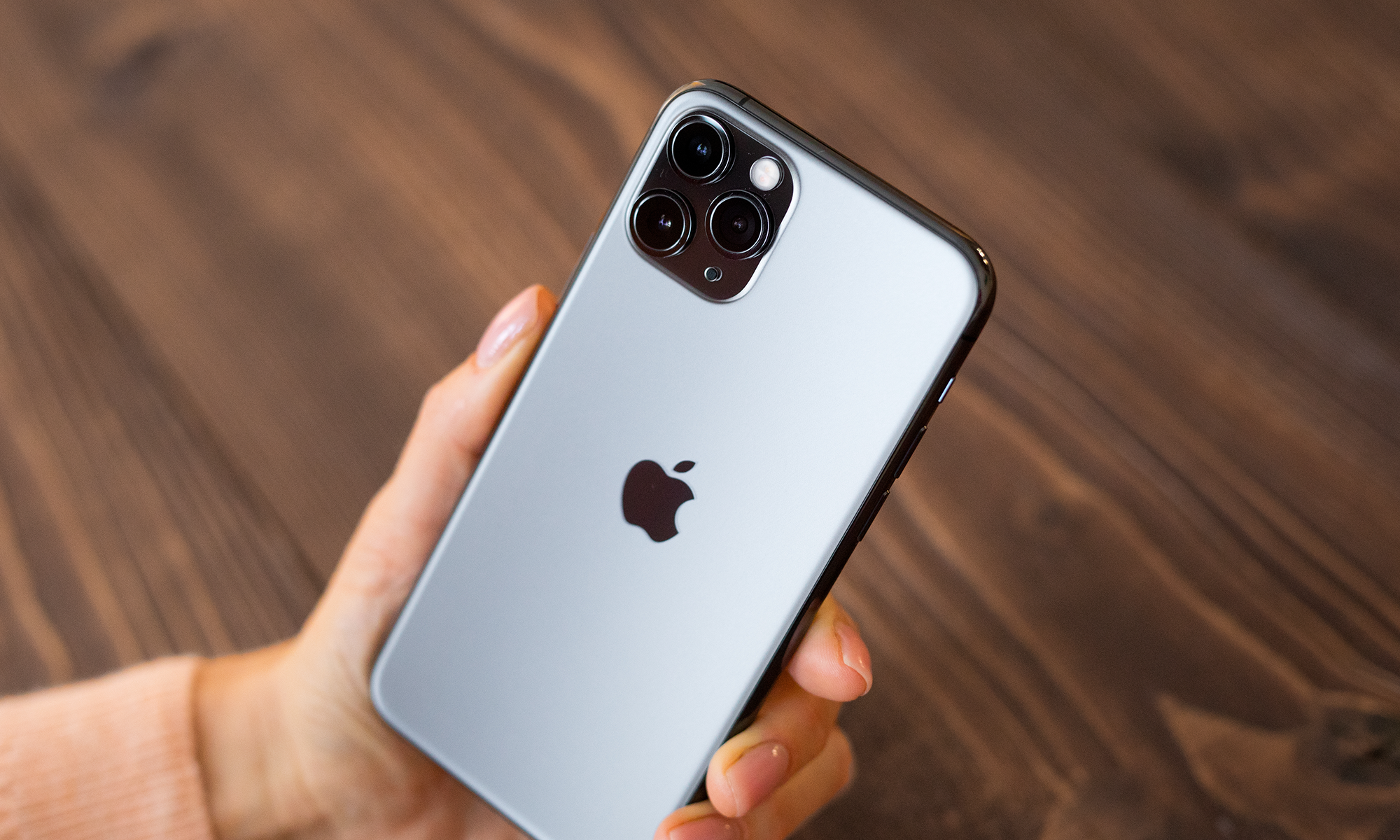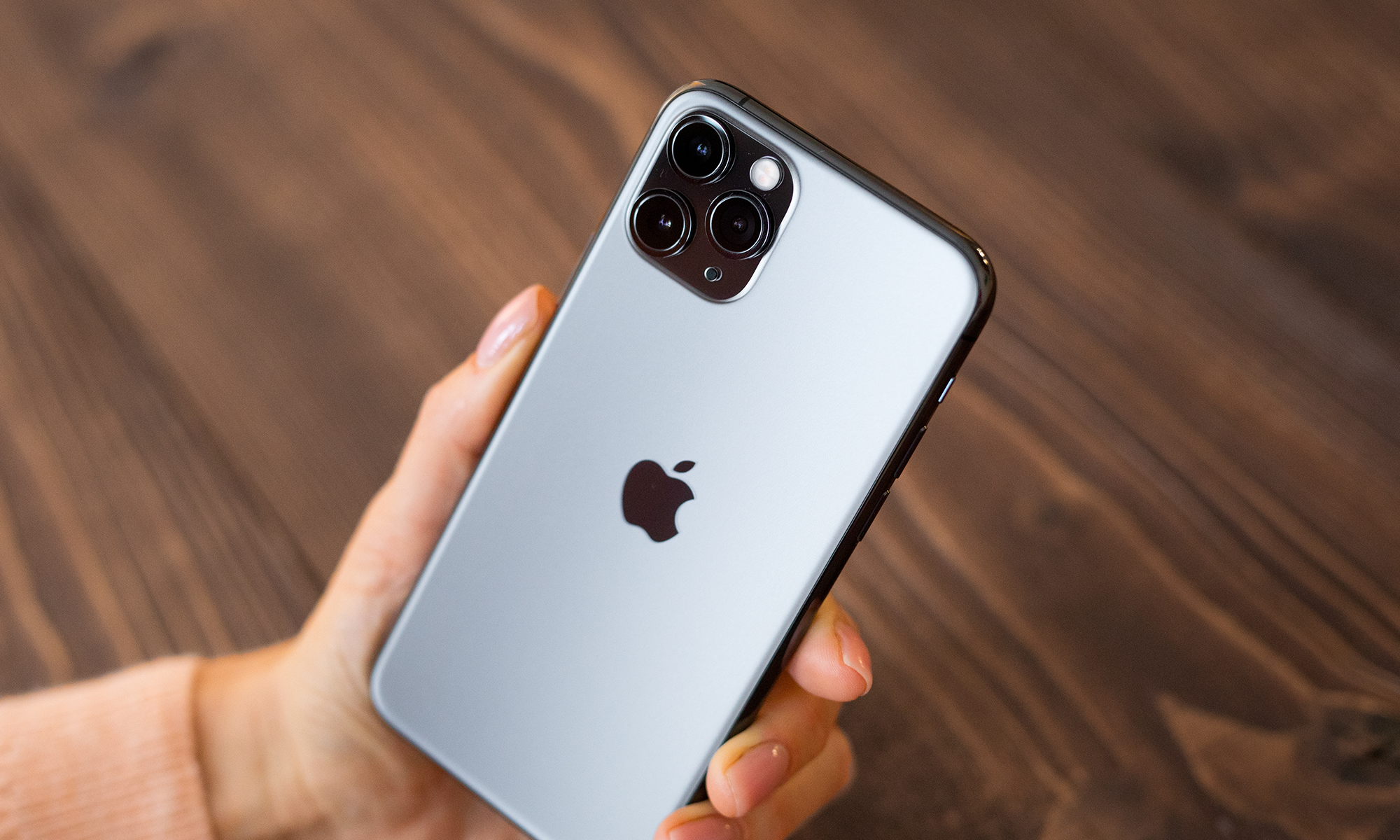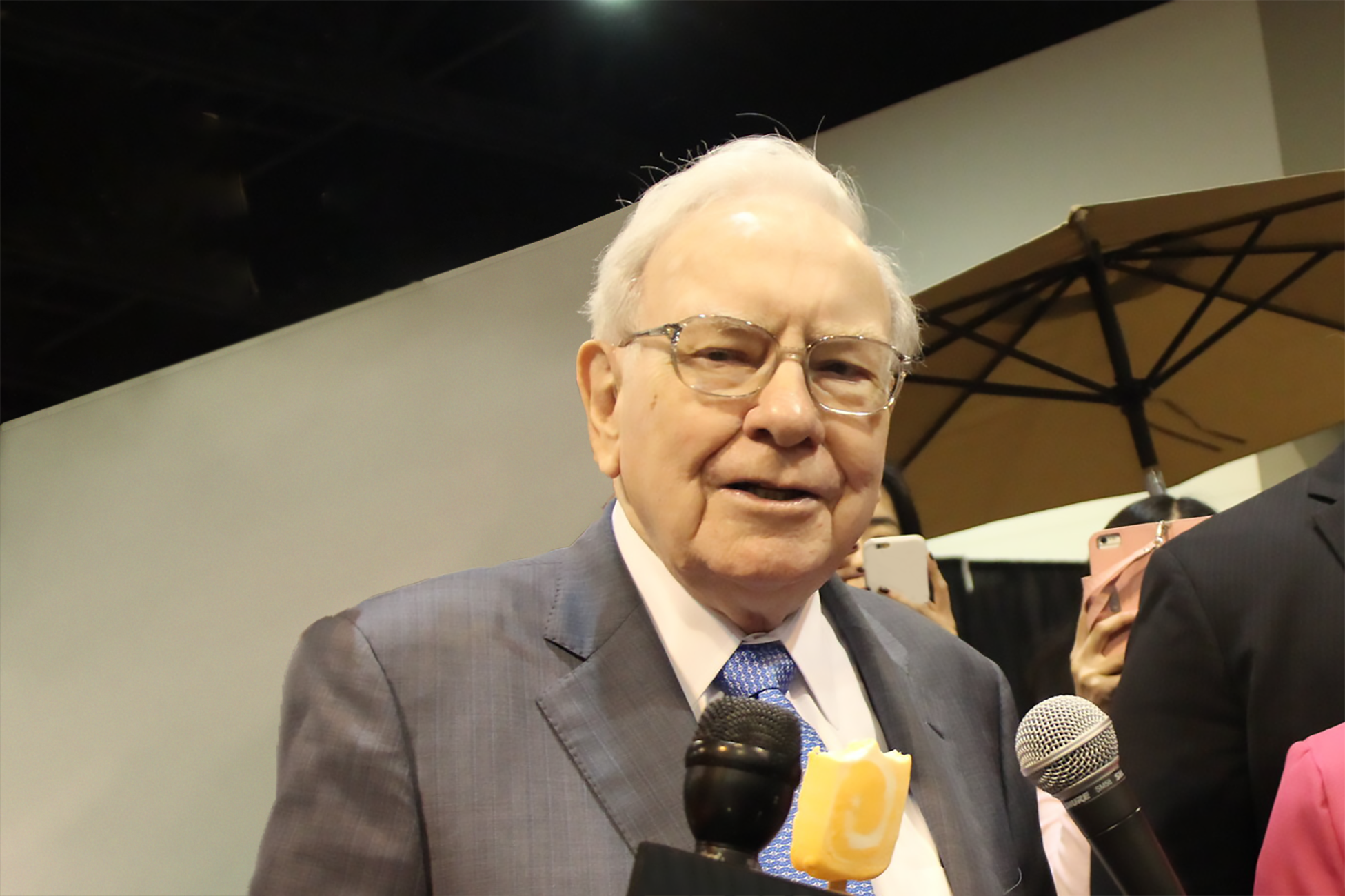For anybody who's been following Apple (AAPL +0.76%) over the past four fiscal quarters, one big story has been iPad sales. Actually, the lack of iPad sales would be a more appropriate description, with sales down 5.4% on a year-over-year basis. And while Wall Street analysts are using apocalyptic language to describe this decline, Cupertino is looking to further revolutionize the product.
A recently granted patent for backside iPad gaming controls shows Apple is going hard after the gaming set. In addition, Patently Apple argues that if you look at some of Apple's recent moves -- the new graphics technology that maximizes the A7 chip named Metal and the upcoming newest iteration of the Walking Dead gaming franchise and the introduction of BioShock -- you can see that Apple is serious about competing for gamers.
Why gaming, and why now?
First of all, gaming is a huge market. According to Newzoo, the international games market is projected to rake in $81.4 billion in 2014, with mobile claiming 27% of that total, or $21.7 billion. An impressive market, absolutely, but even more impressive is that the study projects mobile to grow to $35.4 billion in 2017, averaging 17.5% per year.
Apple could potentially profit in two ways from these favorable headwinds: First, and more directly, Apple benefits from increased demand for new content from its App Store. Secondly, Apple benefits if it can lure gamers to its hardware by presenting a high-quality gaming device. However, when you're talking about a nearly $100 billion market, you can be sure that competitors are not resting on their laurels.
Competition will be fierce
Apple faces competition on a host of fronts with its planned expansion into gaming. On the hardware side, it faces a challenge from recently released NVIDIA's (NVDA +0.56%) Shield tablet, a targeted product designed directly for hardcore gamers. And on the content side, it faces constant threats from Google's Android ecosystem and a host of device makers that run it -- of which NVIDIA's Shield is one.
However, Apple fits a nice niche here. Although it doesn't match up to NVIDIA's pure raw GPU processing power -- after all, NVIDIA's Shield tablet runs its Tegra K1 mobile processor that's built on its powerful Kepler architecture -- NVIDIA has to contend with other Android-based tablets, namely Samsung, that are hungry for unit sales.
Speaking of Android, Google is keenly aware of gaming's importance to its ecosystem. Matter of fact, as far as Google Play goes, 90% of all revenue came from games during Google's first quarter. And you can be sure that Google wants to protect that revenue stream. And while up until now, gaming specifically hasn't proved to be a differentiator -- most mobile devices tend to compete on price and overall ecosystem -- it is possible for Apple to work with its host of developers to present a gaming experience that sets it apart.
Final thoughts
Apple's iPad has seen better days. However, as Tim Cook has astutely pointed out, it's still Apple's fastest-growing product ever. With sales falling, opening up the iPad to new markets and demographics will keep Cupertino's top line growing. By focusing on presenting a mobile, gaming-based solution, Apple could disrupt yet another market. Apple investors would be wise to watch any new developments in its gaming strategy going forward.







